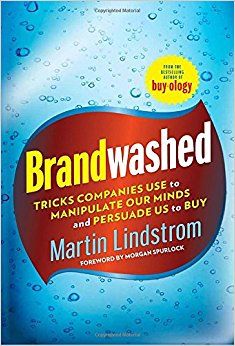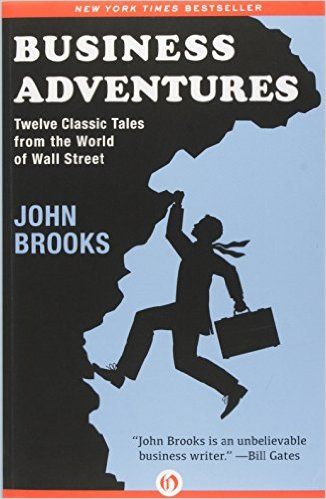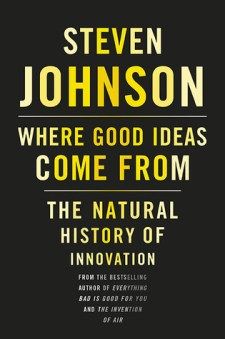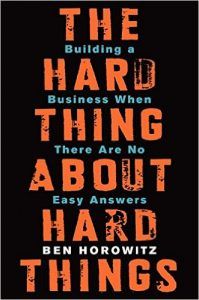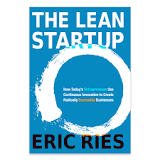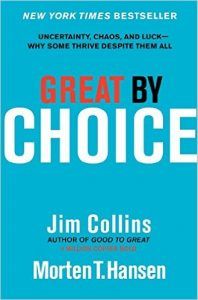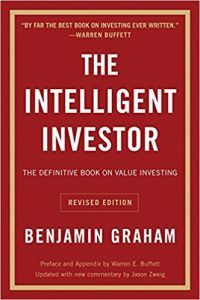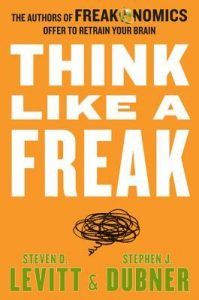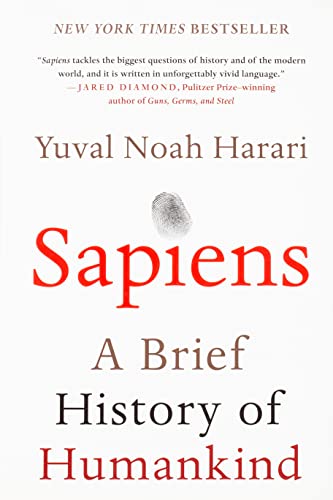
Book Summary: Sapiens: A brief history of Humankind
The book provides a scientific perspective on the history of how humans came to dominate the planet. The book’s biggest focus is on the three revolutions the cognitive revolution which started 70, 000 years ago; the agricultural revolution which started 12, 000 years ago; and the scientific revolution which started 500 years ago and shaped the destiny of our species and the planet.
